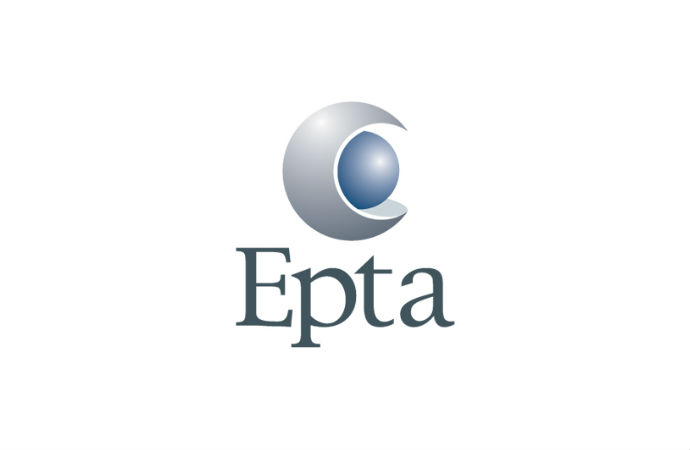Epta has installed a CO2 transcritical cooling system in a banana ripening facility in Germany to ensure perfect temperatures throughout the ripening process.

Epta has developed the first CO2 transcritical banana ripening system for Matties & Söhne Fruchtimport GmbH in Braunschweig, Germany. R744.com had the opportunity to gain some insights about the installation from Joachim Dallinger, Epta Deutschland Product & Marketing Manager.
About the system
About the system
Matthies & Söhne opted to equip the facility with an Epta Green CO2 transcritical system with a capacity of 300kW to control the climate of its six ripening chambers, 18 cold storage rooms and seven consignment rooms. The system features waste heat reclaim and a heating capacity of 300kW.
The ‘ripeness master’ is able to control all parameters of the ripening system and regulate the process. In addition, Epta is able to ensure smooth operation from a distance around the clock through a Transmission Control Protocol/Internet Protocol (TCP/IP) interface, which allows a technician to come to the rescue in case of an error indication.
When the tropical fruit have a chance to ripen slowly after harvest, they tend to last longer. Once harvested, everything relies on the right temperature, beginning when they arrive to the transport ship, where the perfect temperature to halt the ripening process is 13.2°C. The process recommences once the bananas arrive in the ripening chamber.
25% less energy consumption than comparable systems
R744.com: What challenges were faced/overcome in implementing the system?
Joachim Dallinger: The main challenge was to ensure precise control of the ripening procedure, for which we developed a special algorithm for the controller system, which allows the best product quality and ripening procedure.
R744.com: Since completion, what results has the system yielded in terms of efficiency, costs, etc.?
Dallinger: After one year, the system is proving that the CO2 technology is reliable and efficient; we achieved an energy saving of 25 percent.
R744.com: Did Epta provide operation/maintenance training for the technicians that will be working with the system?
Dallinger: The system is connected to the Epta monitoring system and guaranteed with our 24/7 service support. The workers in Matthies & Söhne are trained how to operate the system in the correct way.
R744.com: How do you see the market for transcritical CO2 systems in industrial applications developing?
Dallinger: It is true that CO2 in industrial applications is not as common as in the commercial sector, after the ban of f-gases by the F-Gas regulation we will see more industrial installations.
MORE INFORMATION
Related stories

